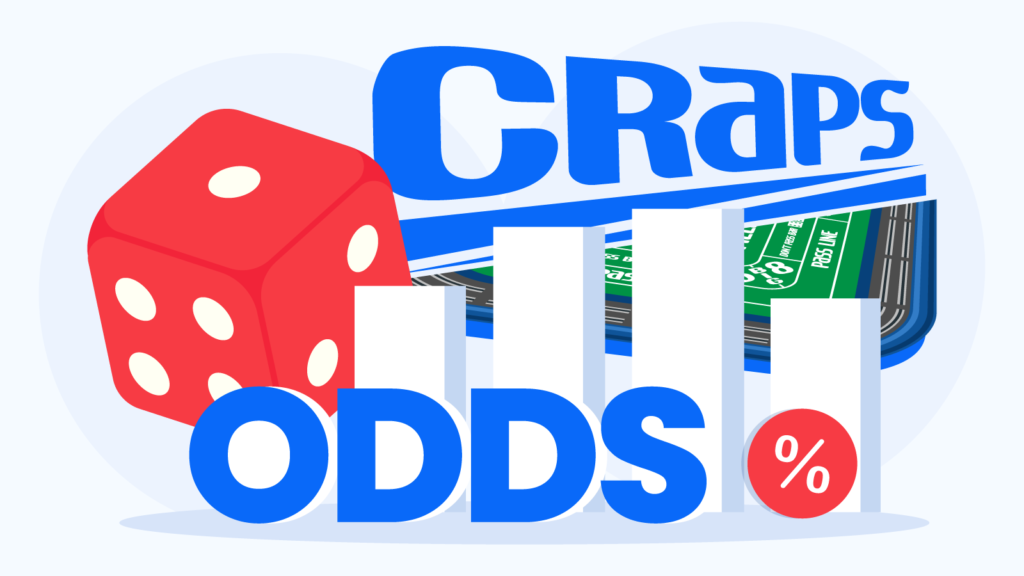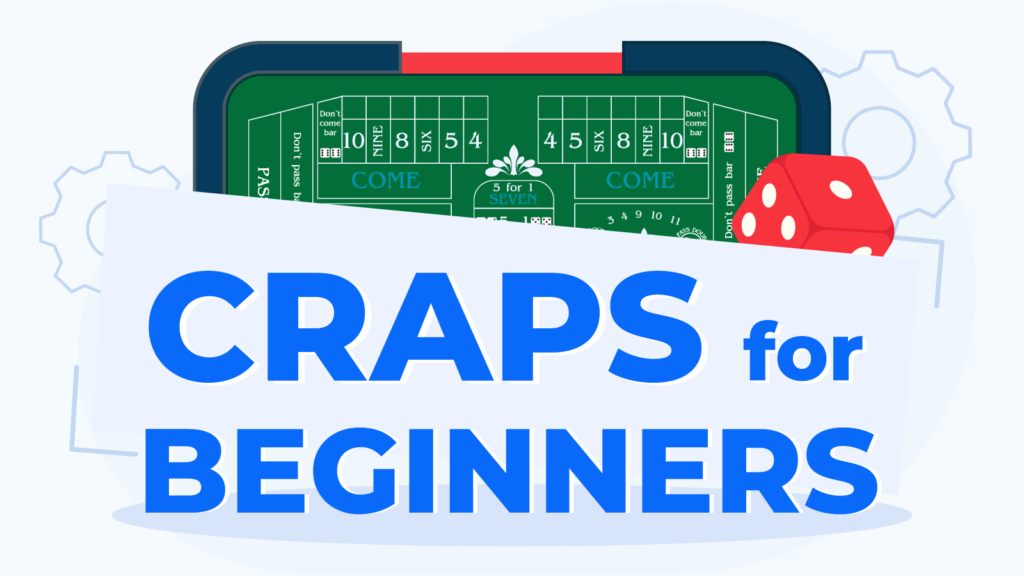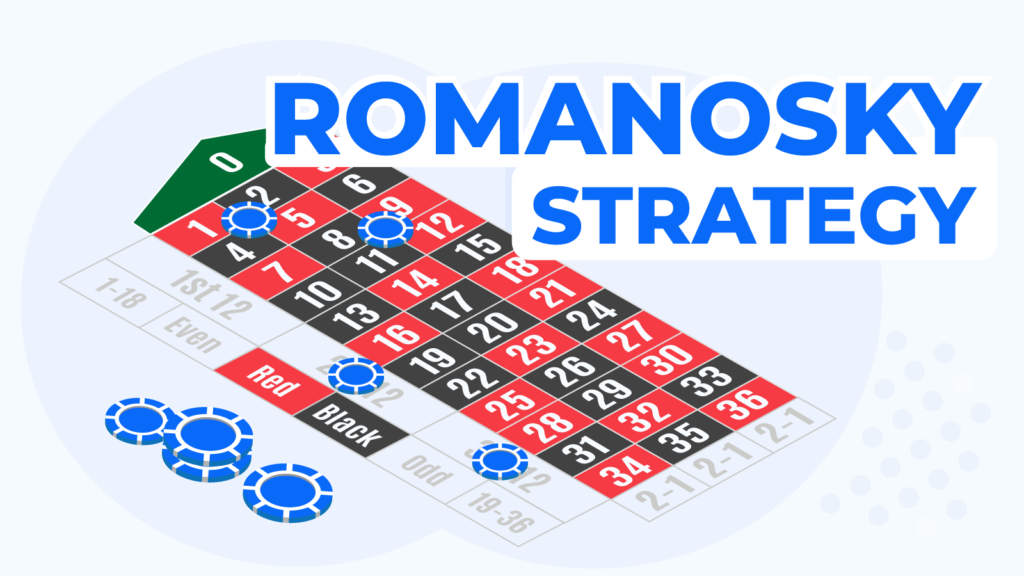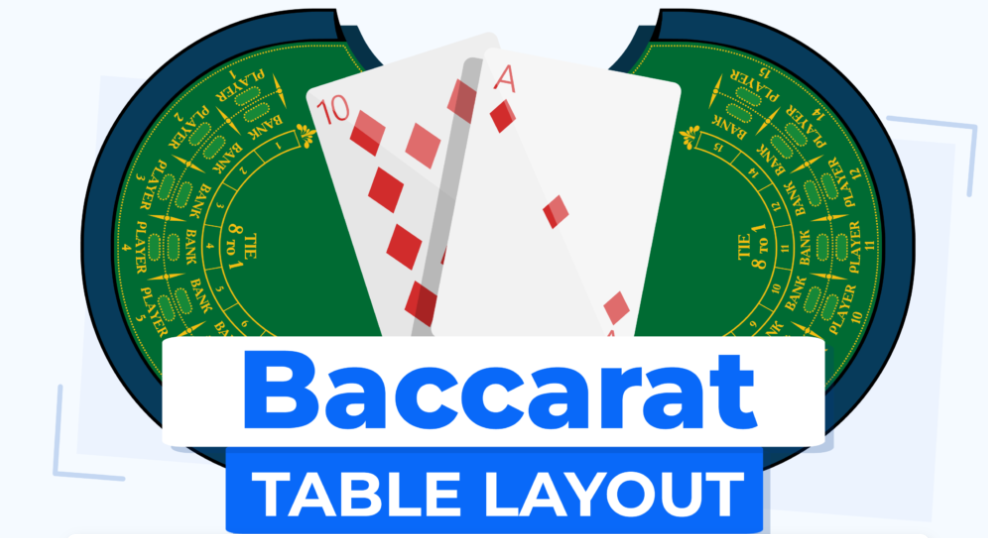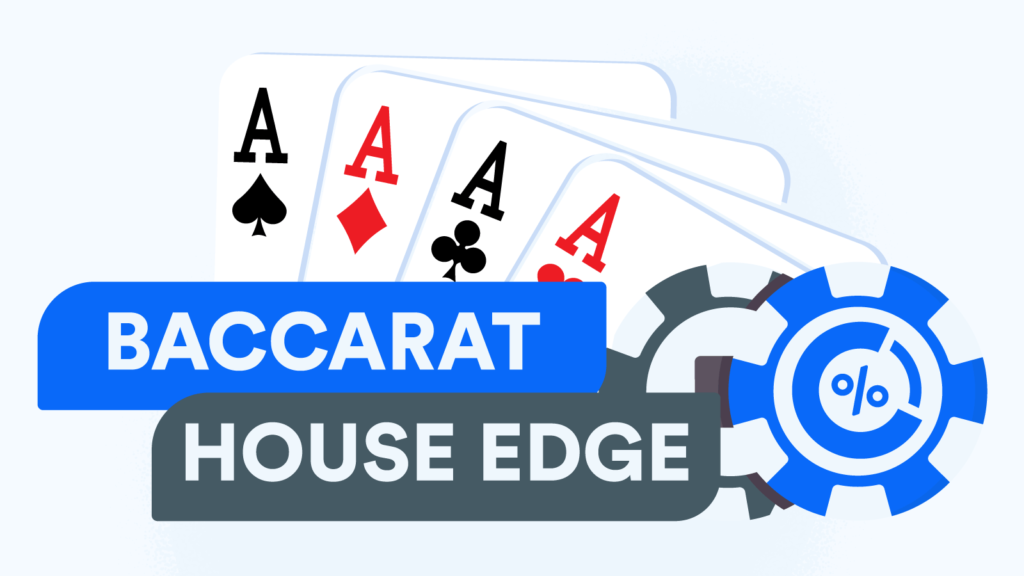
Baccarat House Edge Comparison: Find the Best Betting Option 2026
All the information in this page was checked by:
Every piece of information we present is rigorously verified by our team of experts using multiple credible sources, ensuring the highest level of accuracy and reliability.
We have paid partnerships with the online casino operators featured on our site. We may also earn commissions when users click on certain links. However, these partnerships do not affect our reviews, recommendations, or analysis. We remain impartial and committed to delivering unbiased gambling content. For more details, visit our Advertiser Disclosure page.
Learn moreBaccarat house edge represents the mathematical advantage that casinos maintain over players in this popular card game. While baccarat offers some of the best odds in the casino, not all betting options are created equal: the Banker bet has a modest 1.06% house edge, the Player bet comes in at 1.24%, while the Tie bet carries a staggering 14.36% disadvantage.
- Baccarat House Edge Explained
- What Determines the House Edge in Baccarat?
- Baccarat vs Blackjack, Roulette, and Craps: A House Edge Comparison
- Tips to Enhance Your Baccarat Game and Lower the House Edge
Baccarat House Edge Explained
| Decks | Bet type | Payout | House edge |
|---|---|---|---|
| 1 | Player | 1 to 1 | 1.2864% |
| 1 | Banker | 19 to 20 | 1.0117% |
| 1 | Tie | 8 to 1 | 15.7461% |
| 1 | Tie | 9 to 1 | 6.3845% |
| 2 | Player | 1 to 1 | 1.2565% |
| 2 | Banker | 19 to 20 | 1.0389% |
| 2 | Tie | 8 to 1 | 15.0228% |
| 2 | Tie | 9 to 1 | 5.5809% |
| 4 | Player | 1 to 1 | 1.2421% |
| 4 | Banker | 19 to 20 | 1.0517% |
| 4 | Tie | 8 to 1 | 14.5915% |
| 4 | Tie | 9 to 1 | 5.1017% |
| 6 | Player | 1 to 1 | 1.2374% |
| 6 | Banker | 19 to 20 | 1.0559% |
| 6 | Tie | 8 to 1 | 14.4382% |
| 6 | Tie | 9 to 1 | 4.9314% |
| 8 | Player | 1 to 1 | 1.2350% |
| 8 | Banker | 19 to 20 | 1.0580% |
| 8 | Tie | 8 to 1 | 14.3596% |
| 8 | Tie | 9 to 1 | 4.8440% |
How Baccarat Edge Changes as the Deck Number Increases
You can see that the house advantage remains relatively constant even as we add several decks of cards. Listed values are valid both for land casinos and live casinos with baccarat games. Up to 8 decks are shuffled together in a game. Still, with any number of decks, the casino won’t profit more than 1.28% for bets on the player and 1.06% for bets on the banker, which are the most frequently used types of bets.
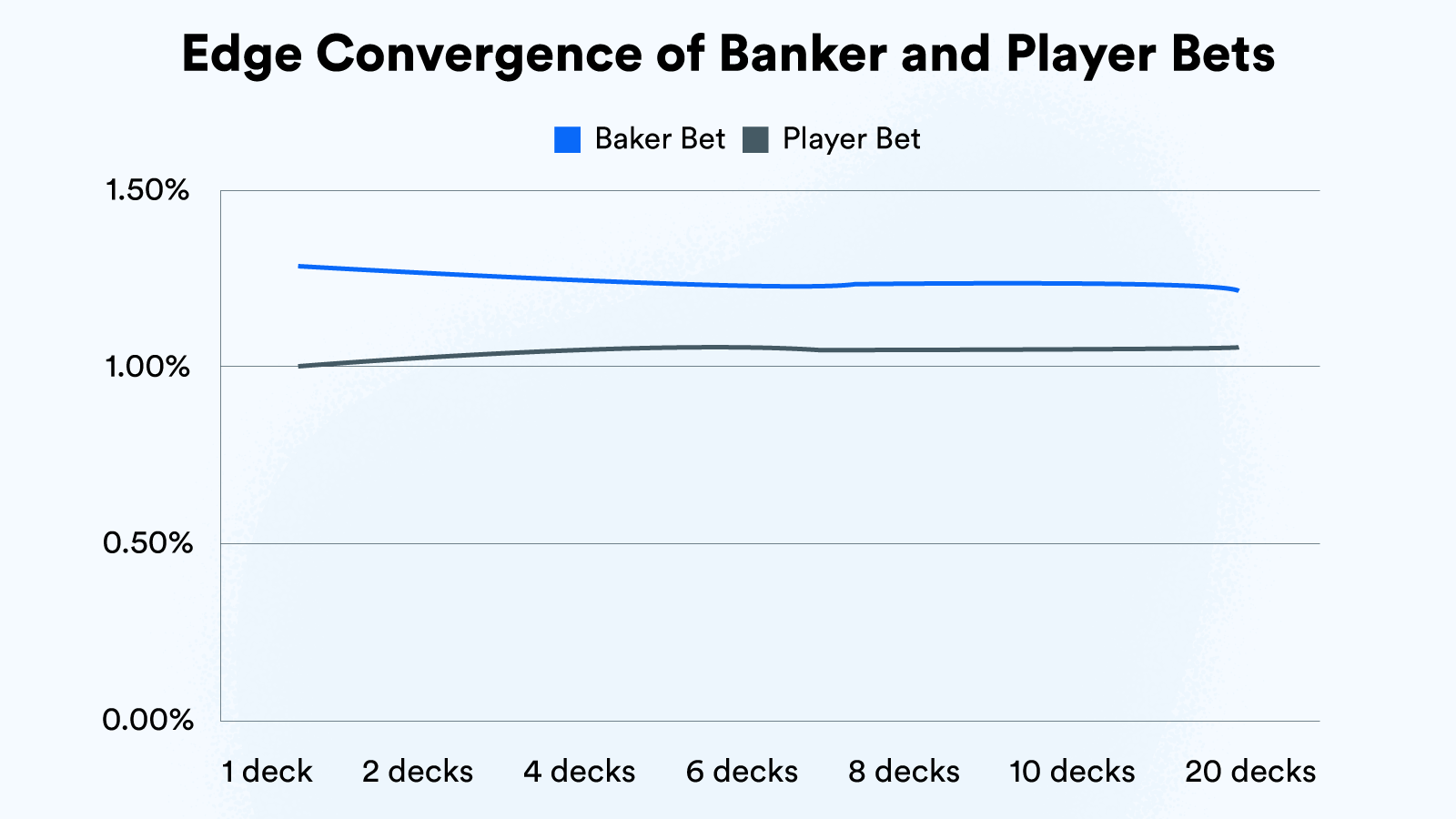
Even as we hypothetically shuffle 20 decks of cards into the game, the house edge baccarat doesn’t change sensibly. The constancy of the house edge in baccarat and the lowest house advantage of 1.05% make it attractive from a player’s point of view.
Be Aware: Only blackjack, craps and poker can compete with baccarat in terms of payout odds. However, baccarat is less skill-based as it implies a minimum of implication from players.
Baccarat Edge Convergence for Tie Bets
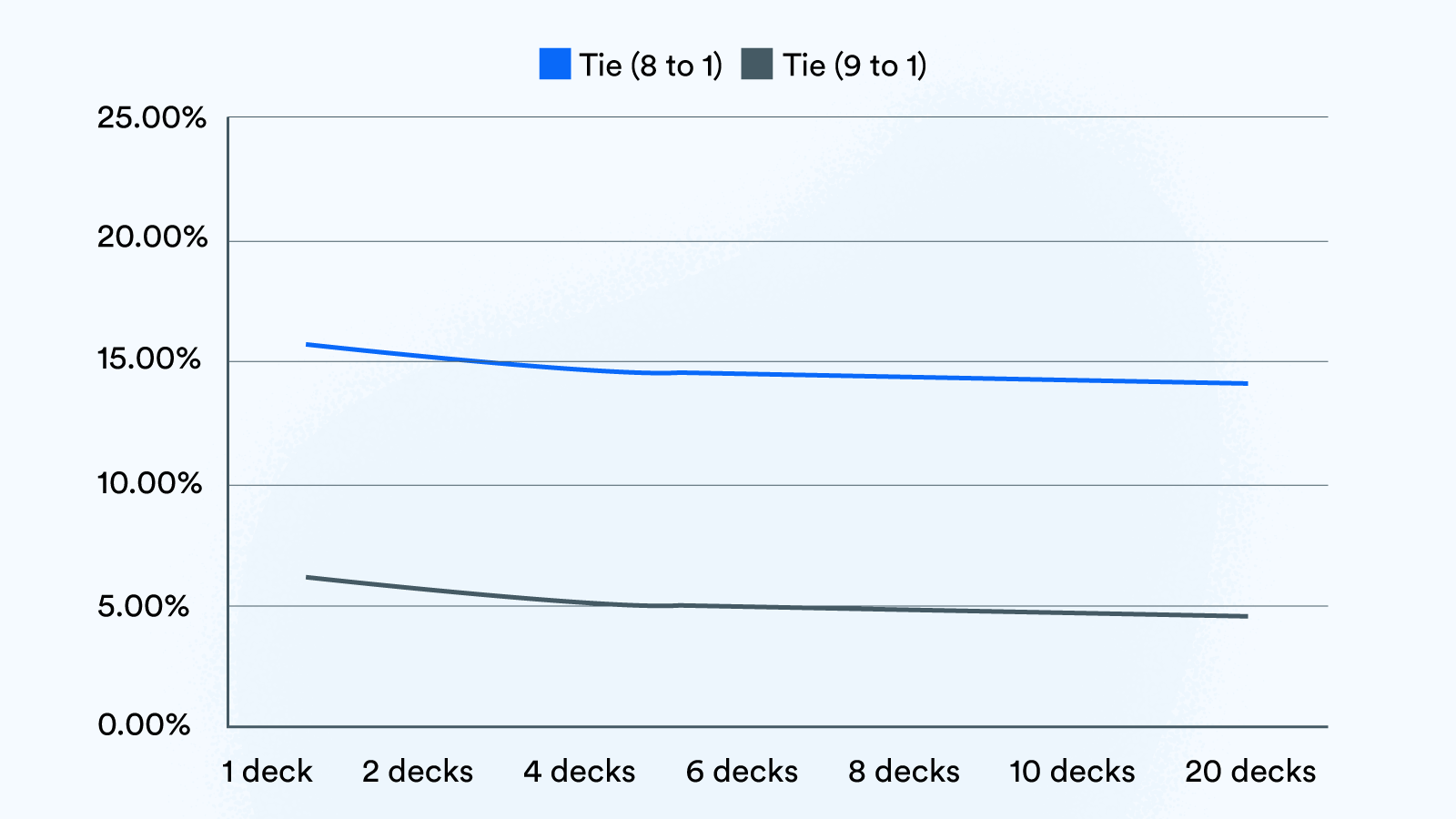
Tie bets have a 15% house edge in baccarat, meaning the odds are quite blatantly against you when you place this bet. There is a probability of just 9.6% that the hand will result in a tie.
How to Calculate the House Edge in Baccarat
Baccarat’s built-in house edge refers to a casino’s mathematical advantage over a player. This percentage is calculated as the average number of scenarios you will lose against the dealer, considering millions of possibilities (stemming from how the 52 cards in a deck can be randomly distributed during the game). Consider the number of card decks used in the game to calculate the exact numeric house advantage. However, as shown above, the variations in house edge baccarat won’t affect the winning probability of your bets much.
Remember the payout odds
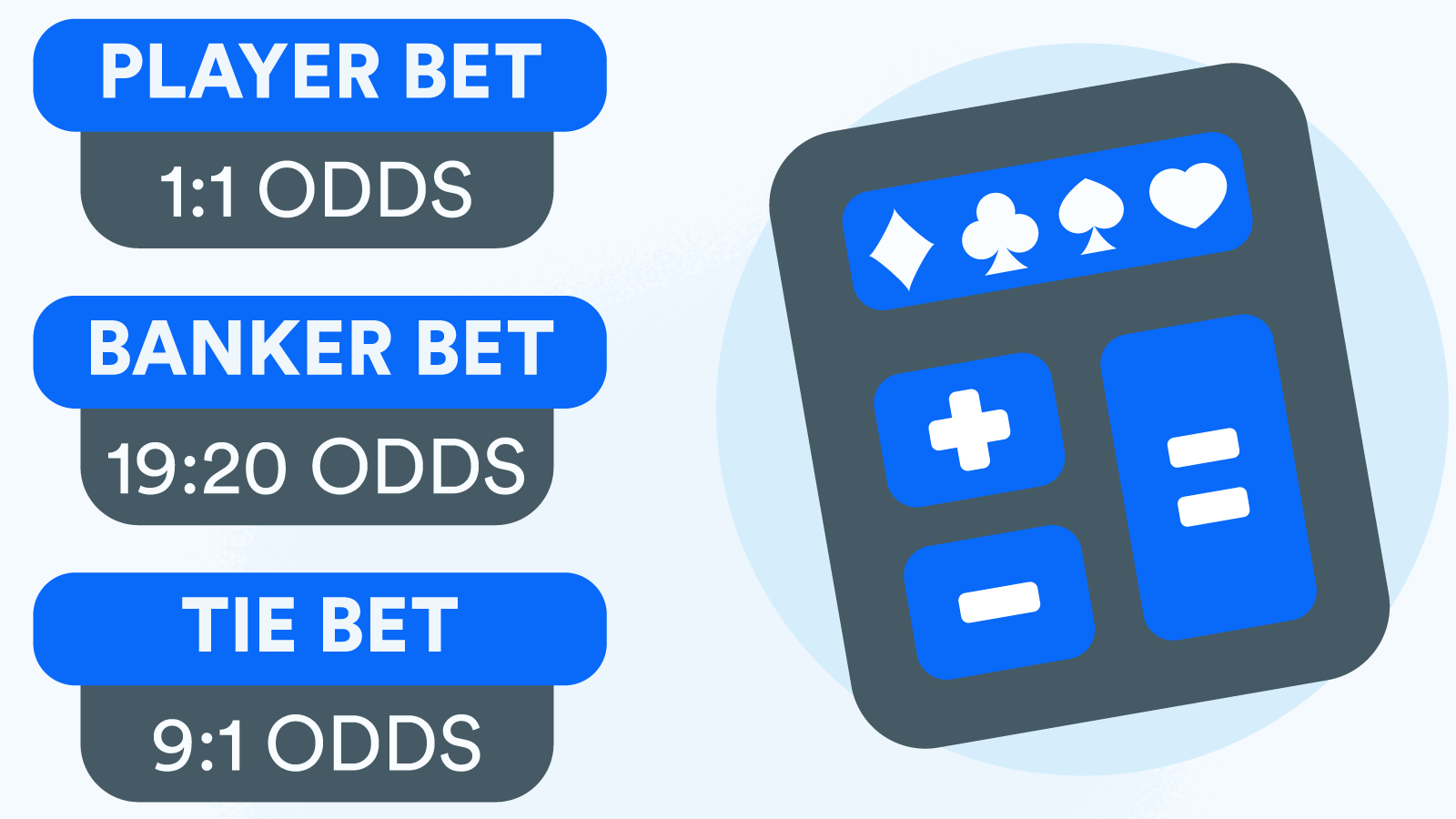
- The standard player bet pays even money or 1:1 odds.
- The banker offers 19:20 odds.
- The payout odds for the tie bet are usually 9:1, depending on the casino rules.
Variations in payouts and effects on baccarat house edge
- Some baccarat versions have a 8:1 payout for tie bets, which increases the overall house advantage.
- The banker bet payout is lower than 1:1 due to what is called the banker’s commission. No commission baccarat has no such difference in payouts and thus has a better house edge.
What Determines the House Edge in Baccarat?
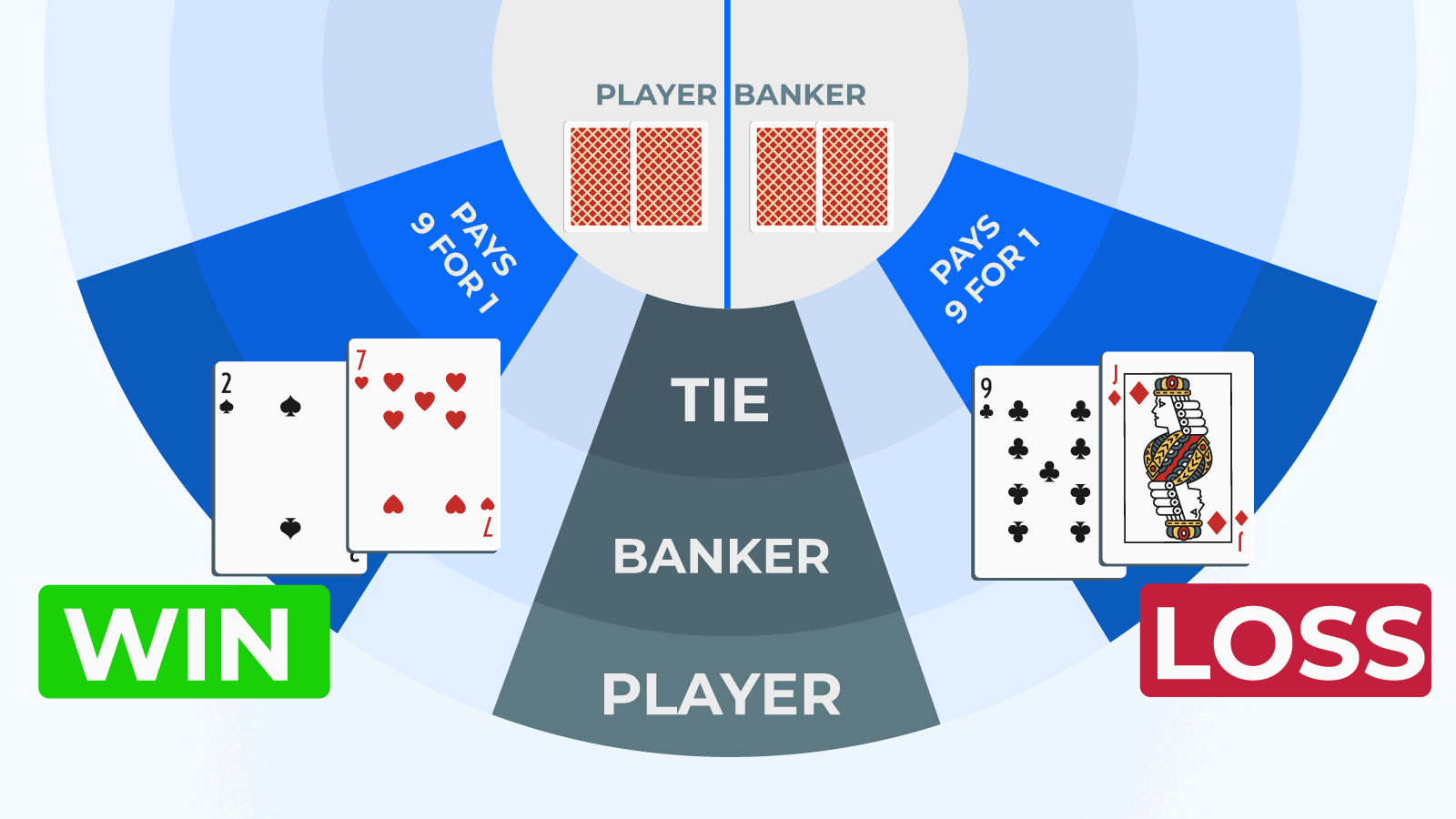
The house edge in baccarat is a consequence of the game’s inner workings. Several factors contribute to it, including the number of decks. Still, the most crucial element is the three possible outcomes in the game and their underlying odds. The main piece of the action in baccarat is comparing who has the better hand – the player or the banker.
You already know that the casino’s advantage for player and banker bets is roughly the same because both outcomes have approximately the same chance of occurring. Still, there is a possibility of this comparison resulting in a tie, so the main baccarat bets are not really even-money propositions.
How the house edge in baccarat works
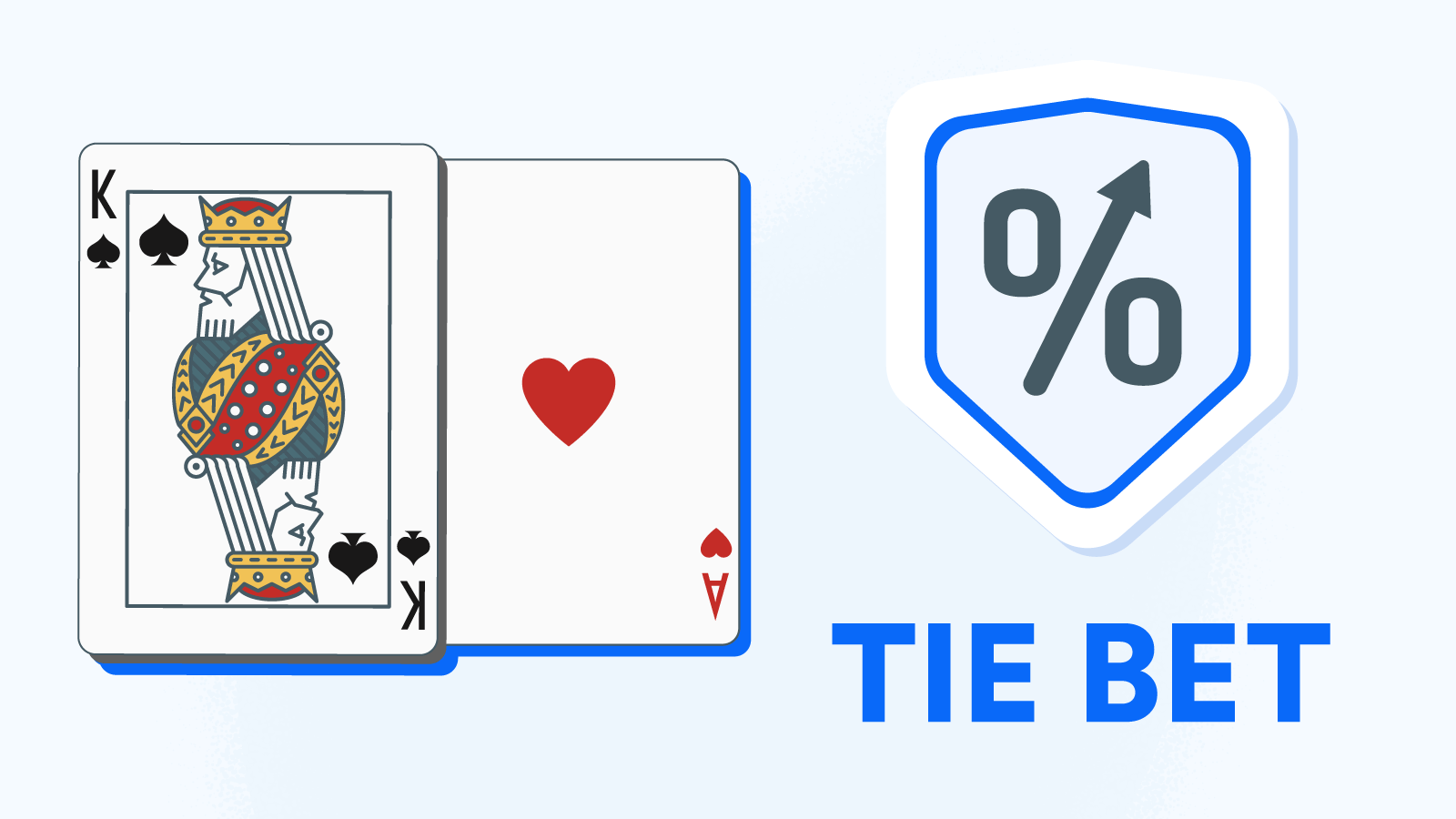
Just like the number zero in roulette makes it that Red/Black bets don’t have 50%/50% chances, the tie outcome affects the even-money payout odds in baccarat. The casino will profit in the long run because there is no reliable way for players to predict who will get the better hand or when a tie will occur. Similarly, even-money odds in roulette are imperfect because there is one case in which both outcomes (Red/Black) lose – when the ball lands on zero.
Game Rules
If you’re new to baccarat, start with our How to Play Baccarat guide to understand the core mechanics before diving into advanced strategies.
- Baccarat’s main aim is to correctly guess the winning hand between the banker and the player.
- Players can wager on the banker, player, or a tie.
- You place a wager on either of the two and then 2 cards are dealt and compared.
- The hand with a score of 9 or closest to 9 wins (also called a natural).
- In some instances, a third card is dealt.
Face cards have zero value, and aces count as 1. For example, if you get a King and a 7, you have 7. However, if you get an 8 and a 6, you don’t have 14 but 4. Since the value cannot be higher than nine, you have to subtract 10 from exceeding scores. The crucial difference between casinos is the rules that decide when each side can take a third card. Usually, a chart explains under what conditions the player’s or banker’s hand can get a third card. When the value of the player’s and the banker’s hands is the same, bets get refunded, except if someone at the table has wagered on a Tie.
Lack of Player Input
Baccarat is a speculative game with pre-set rules about when a card is taken and how to compare the player’s and the banker’s results. That means betting in baccarat always comes down to luck. The bettor makes no decisions except to select the bet type and wager amount. The banker/dealer carries out all activity.
Banker Commission
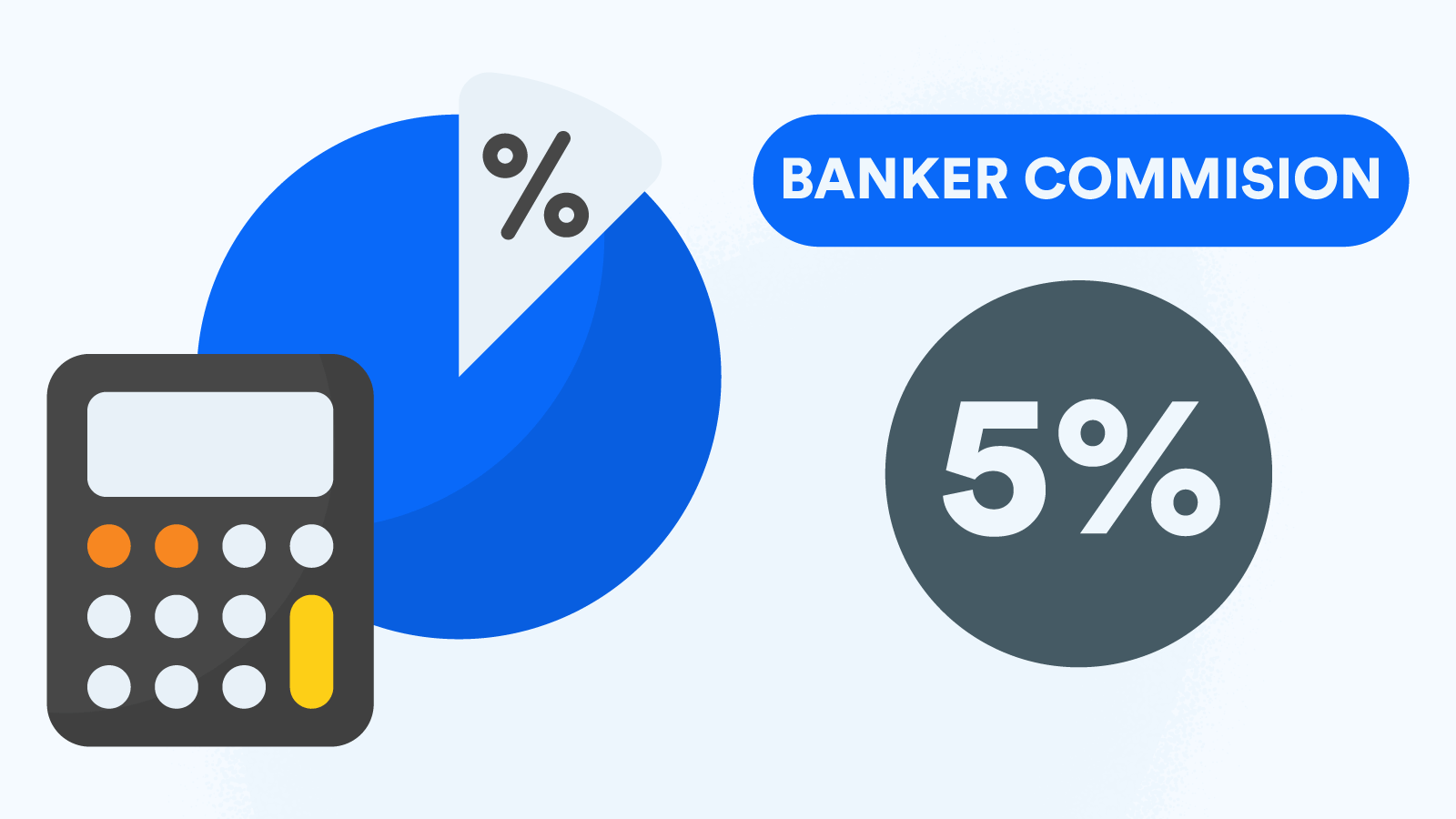
Betting on the banker’s hand offers better winning odds, because the banker outcome has a 45.8% chance of occurring, compared to 44.6% for the player having a better hand. Casinos have compensated for this with a standard 5% commission on any winnings from a bet on the banker.
Winning banker bet example
- Suppose you’ve wagered $20 on the banker’s hand, and you win.
- In that case, you’ll get $39, your $20 stake, plus $19 in winnings.
- $1 is the 5% commission.
To fully understand where to place your bets and the table layout, take a look at our Baccarat Table Layout guide.
Baccarat vs Blackjack, Roulette, and Craps: A House Edge Comparison
We will analyse how the baccarat house edge compares with that of other table games that garnered popularity across New Zealand.
Blackjack vs Baccarat House Edge
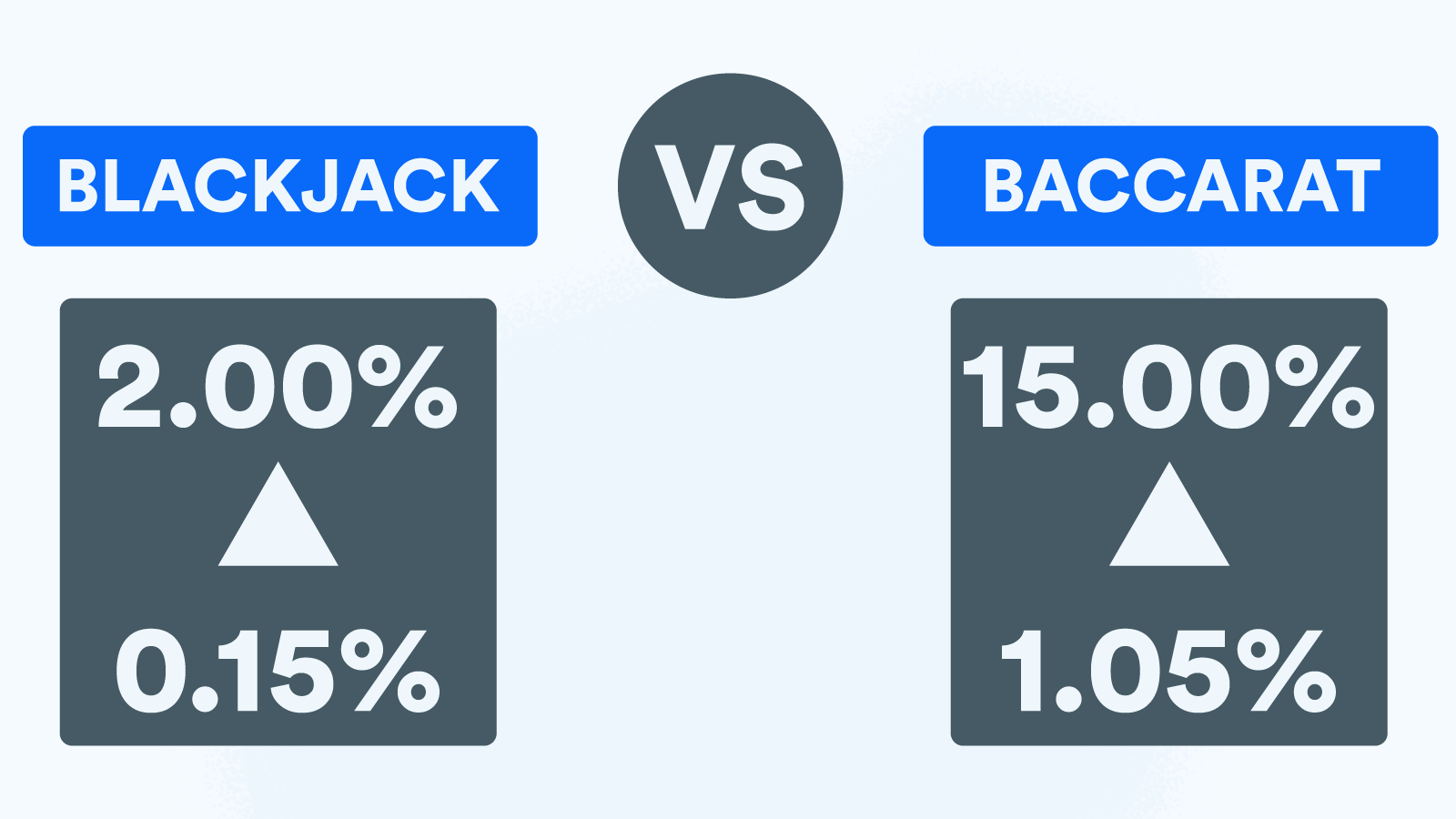
- In blackjack, the casino’s advantage can be limited by the player’s decisions, which makes it a game of skill.
- The house edge in baccarat tends to be fixed (1.05%-1.26%-15%) because your decisions can’t affect the outcome.
- The maximum house advantage at blackjack casinos is up to 2%.
- Still, when played correctly, it can drop to about 0.5%. When split bets are permitted, it can decrease to even 0.15%.
- Blackjack is certainly more preferable – it has a much better payout potential when played with perfect strategy.
Roulette vs Baccarat House Edge
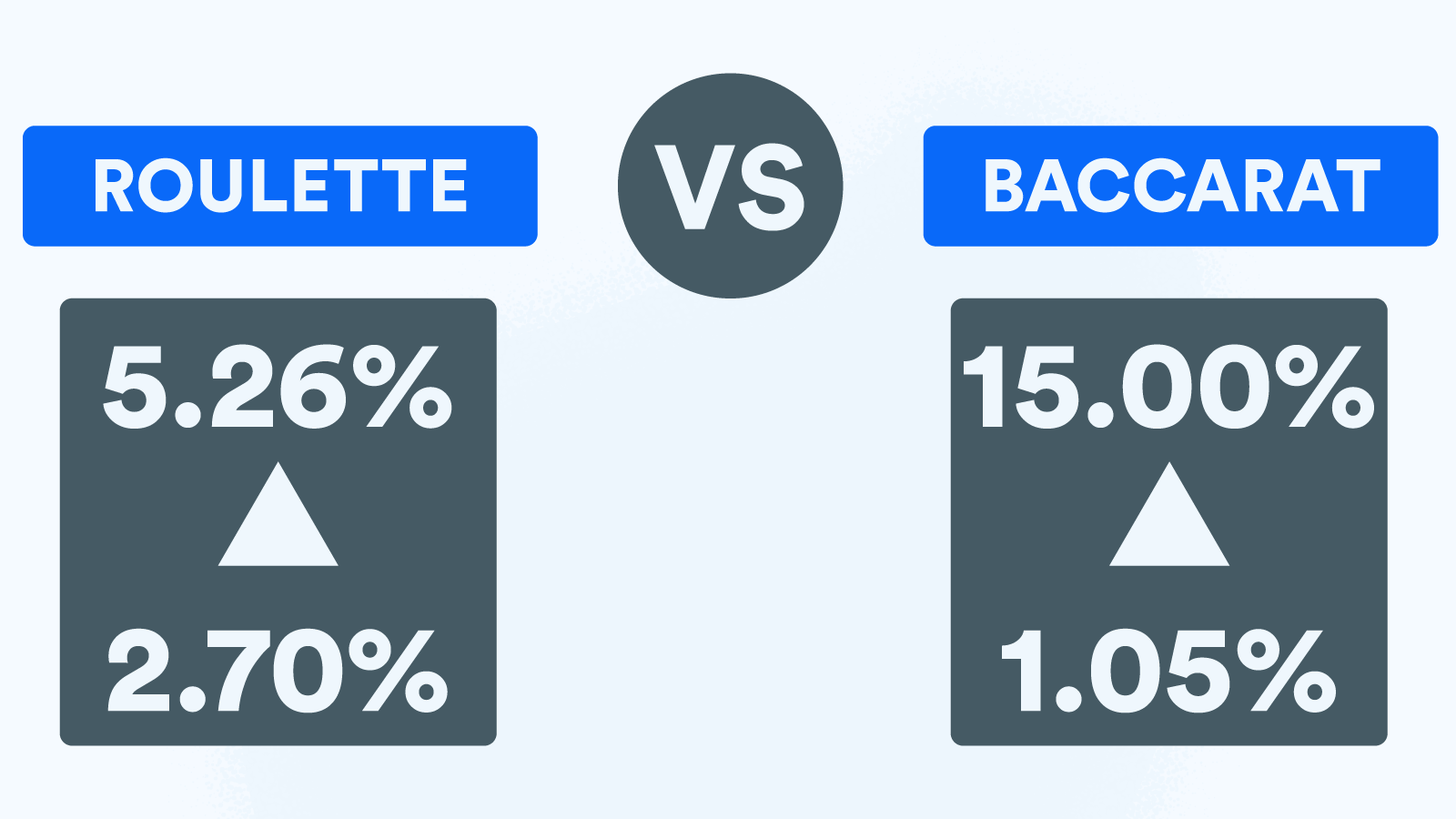
- European roulette has a built-in 2.70% house advantage for even-money bets, considerably lower than American roulette with 5.26%.
- The cause for the big difference is in the extra double zero digits found on the American roulette table, which reduces the probability of winning and spikes the edge in the casino’s favour.
- You can find both types of games at our roulette sites, but we recommend sticking with the European variant.
- The main bet in baccarat is also an even-money proposition just like the Red/Black wager, but the roulette house advantage is considerably higher – almost double figures.
- In the end, it all boils down to NZ players’ preference, but playing baccarat and betting on the banker is technically more advantageous than betting on Red/Black in roulette.
Craps vs Baccarat House Edge
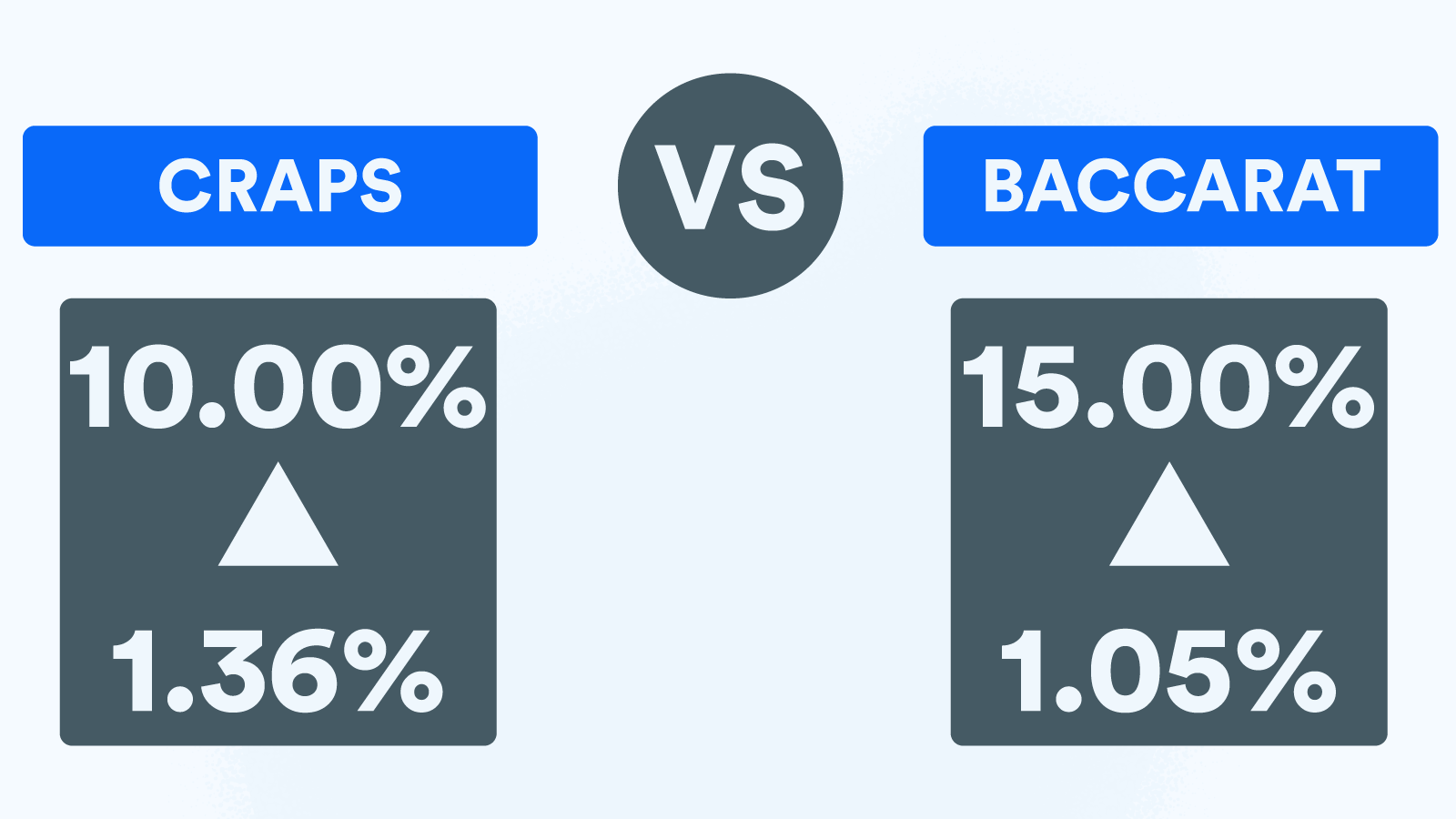
- The casino advantage in craps depends on the type of bets you are making.
- For the don’t pass line and pass line wagers, the house advantage is 1.36% and 1.41%, respectively.
- These bets are the options with the lowest house advantage available in craps.
- Still, other craps bets can raise the edge over 10%, for instance, straight-up bets and other combinations.
- Baccarat’s house advantage of 1.06% for the banker bet can be considered more appealing than what craps offers from a statistical standpoint.
Low house edge baccarat is not a guarantee of winning
There is no value or quality characteristic to baccarat that will accurately guarantee the outcome of a round. You can optimize your chances and see genuine improvements if you choose games with a better payout rate (or a lower house advantage) and stick to the likelier outcomes. However, you shouldn’t forget that you’re playing a random game of chance designed for the casino to profit. No matter how attractive baccarat odds may seem on paper, you’re always up against real-life uncertainty and the dire prospect that the house always wins.
Tips to Enhance Your Baccarat Game and Lower the House Edge
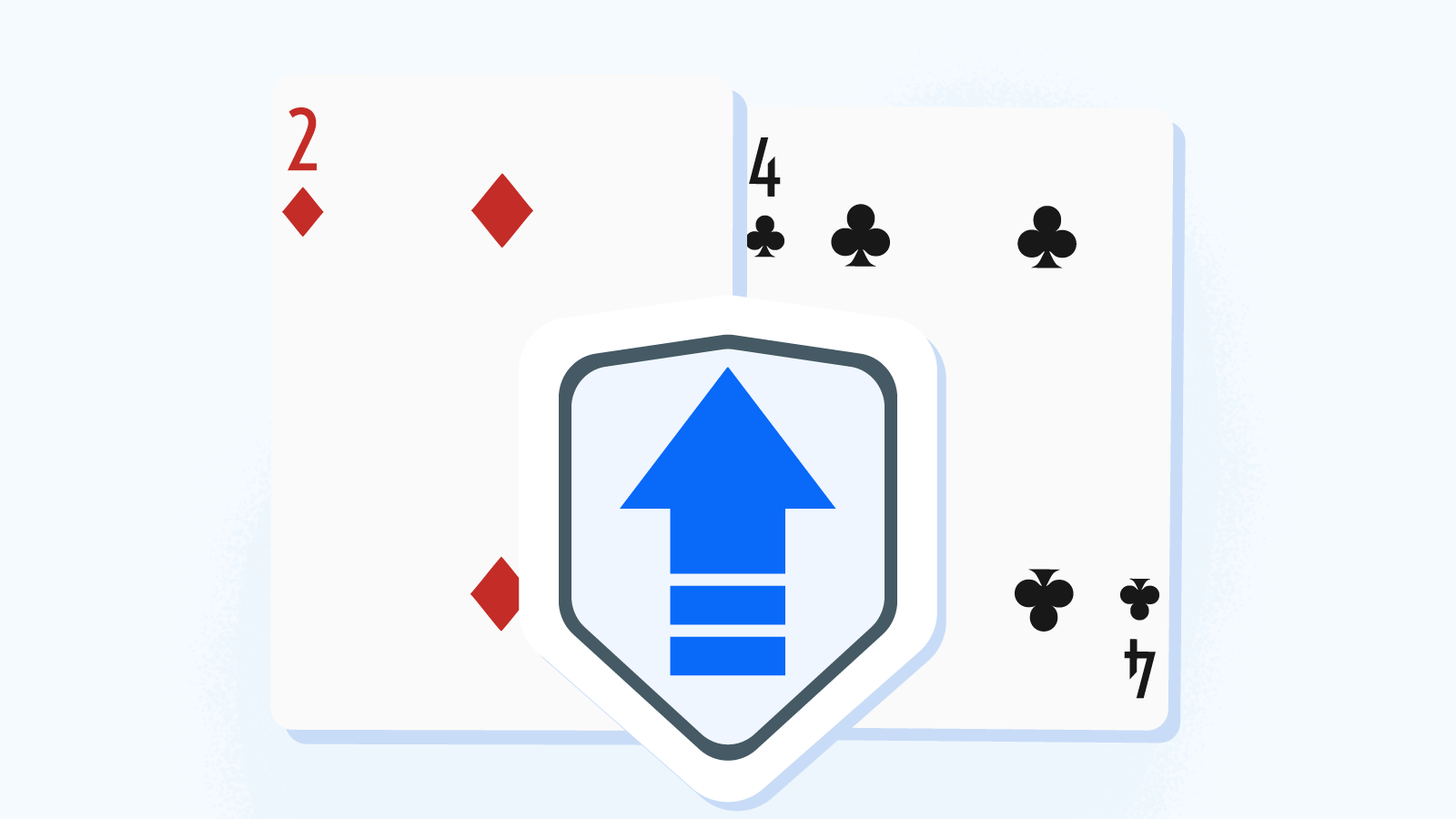
You will never fully overcome the baccarat house edge because it is built into the game itself. Still, there are a few ways our readers from New Zealand may use it in their favour. To improve your chances at the table, explore more tips from CasinoAlpha!
Go for the Bet with the Lowest Edge
Out of the three possible wagers, you should prioritize the banker bet, which enables the lowest baccarat house advantage of 1.06%. You will probably have to pay the 5% commission for winning bets, but there is a reason for this fee – the fact that the banker’s hand wins in the majority of cases.
Do Not Go for Tie Bets
Especially for new players from New Zealand, it might be tempting to wager on the tie bet because of the high payout potential. In reality, the tie is the least common outcome in baccarat. From a statistical aspect, betting on a tie is not at all a wise idea. If you’re looking for safer betting options, our Safest Live Casino Bets guide will help you make informed decisions.
Wager Small Amounts
You should start with small bets since you’re playing a game that’s entirely based on luck. Sketch out a staking plan before playing and stick to betting the same amount every time. Some players choose to follow the Martingale Baccarat system, which increases bets progressively after losses, aiming to recover losses over time. If you’re mindful of your bankroll, use our guide to Pick the Right Live Casino for Your Budget before playing.
Most importantly: Pick fair casinos
Baccarat casinos that we recommend are licensed by trusted authorities, so you’ll have a full suite of responsible gambling tools to use and the certainty of overall fairness. For a list of the top live games you can play in New Zealand, check out our Best Live Casino Games guide.
F.A.Q.
Can you beat the house in baccarat?
Yes, it’s possible to beat the house, but it all comes down to guessing between three possibilities. However, you can’t use any skill or strategy to beat the house edge baccarat. Your guess depends solely on luck.
Why does a banker have an edge in baccarat?
The banker’s hand wins more frequently because the banker acts second to the player, most importantly in the drawing phase.
What is the house edge in baccarat?
When betting on the player, the house edge baccarat is 1.25%. For bets on the banker, it is 1.06%, while for the tie the casino gets 14%.
Should I always bet banker in baccarat?
The math says the banker wins more often, but only by a slight margin, 45.86% versus 44.62%. Betting consistently on the banker will not make a very significant difference in the long run.
Can you predict baccarat?
No. Baccarat is a game of chance, so there is no mathematical way to forecast the outcome of any hand. Even tactics based on card counting and edge sorting have been of limited use.
How do you count cards in baccarat?
There are different card counting methods for baccarat, but experience has shown that counting cards gives no serious advantage. Pre-set rules dictate when a third card is drawn, so the player’s input is practically nonexistent.
What is edge sorting in baccarat?
Edge sorting is a technique of bypassing the casino’s advantage. Players look for imperfections on the cards, helping them recognize certain low- or high-value cards and thus gain an advantage.


